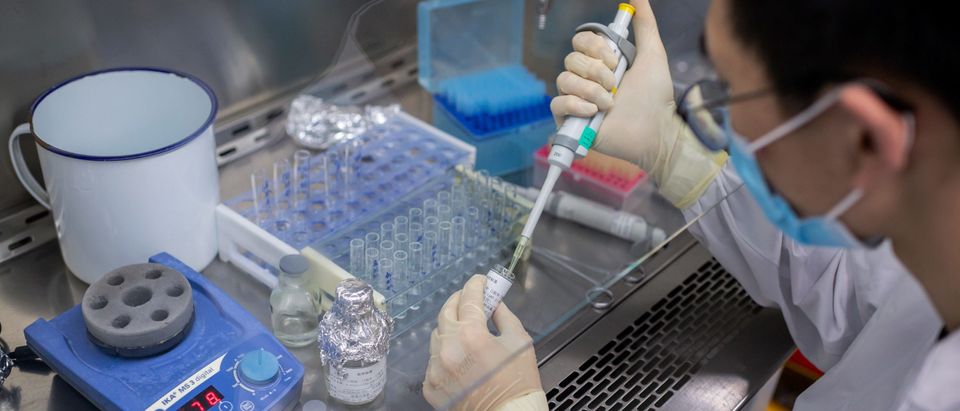A former rheumatology professor and researcher at The Ohio State University who concealed his ties to the Chinese government has been sentenced to 37 months in prison and restitution of nearly $4 million.
58-year-old Song Guo Zheng was ordered to pay $3.4 million to the National Institute of Health (NIH) and approximately $413,000 to The Ohio State University for failing to disclose his participation in the Chinese government’s “Thousand Talents Plan” when applying for a grant worth approximately $4.1 million — which he was eventually awarded — the Department of Justice (DOJ) said Friday.
University Researcher Sentenced to Prison for Lying on Grant Applications to Develop Scientific Expertise for Chinahttps://t.co/QAWjRdjvJX
— Justice Department (@TheJusticeDept) May 14, 2021
Zheng was arrested in Alaska in May 2020 when trying to flee the country, and pleaded guilty to making false statements to federal authorities in November 2020, according to the DOJ. (RELATED: Employee At Ohio State University Charged For Hiding Ties With China While Accepting US Grants)
He led a team conducting autoimmune research at The Ohio State University and Pennsylvania State University, abusing the grant from the NIH to “develop China’s expertise in the areas of rheumatology and immunology,” the DOJ stated.
“For years the defendant concealed his participation in Chinese government talent recruitment programs, hiding his affiliations with at least five research institutions in China,” Assistant Director of the FBI’s Counterintelligence Division Alan Kohler said, according to the DOJ.
Zheng reportedly joined the “Thousand Talents Program,” or the Chinese Talent Program in 2013.
The program’s participants — who are usually “individuals with knowledge or access to foreign technology intellectual property” — have been previously found in violation of U.S. law by committing espionage, stealing trade secrets, and grant fraud.
“Zheng’s sentencing today is a recognition of the constant threat posed by the Chinese government to steal research funded by American taxpayers,” FBI’s Special Agent in Charge Chris Hoffman said, according to the DOJ.












